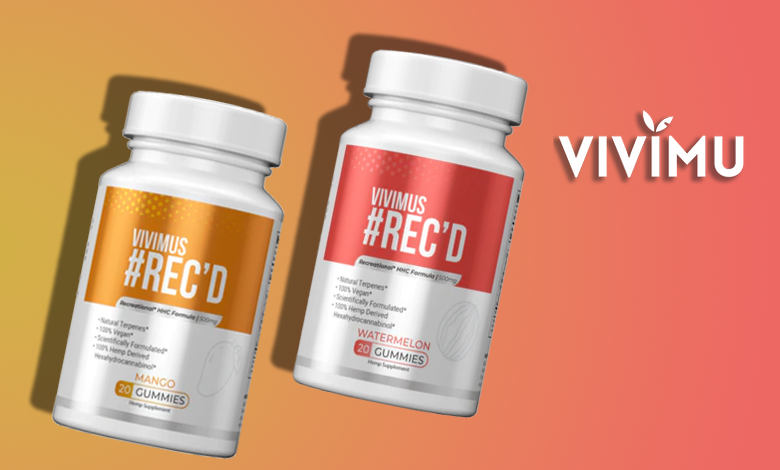
What Is HHC?
Cannabis users have not discussed HHC much by now, a relative of THC that has long been known to science. HHC is a relatively minor cannabis cannabinoid. However, its concentration can’t be extracted economically from marijuana. The process for obtaining HHC for commercial purposes is just beginning.
Many cannabinoids can be metabolized chemically to create other cannabis products. Hemp-derived CBD is used to produce commercially available HHC cannabinoids. Delta 10 or Delta 8 THC can also produce THC in its pure form. As HHC isn’t known as THC, it has the edge over the other two regarding legal status.
How Is HHC Made?
The discovery of hydrogen cyanide by Roger Adams, a chemist, occurred in the 1940s. A chemist named Roger Adams made HHC by adding hydrogen to THC molecules and modifying their physical properties. In a 1947 patent document, the process of hydrogenation is first described.
Hydrogenation modifies delta 9 THC’s structure by substituting a double bond for two hydrogen atoms. The drug is made more stable by changing its molecular weight. Mark Scialdone is a chemist and Chief Science Officer at BR Brands, and hydrogenation increases “stability” and resistance to Thermo oxidative breakdown. HHC’s shelf life is longer, and it is less likely to be damaged by heat and UV light.
Does HHC cause highs? Is there a risk of side effects?
It can be a bit tricky. HHC is not technically THC. However, it can produce similar effects if used in sufficient quantities. The laboratory batch of HHC molecules contains both active and inactive molecules. The active HHC can bind well to your body’s receptors for cannabinoids; the other HHC molecules don’t.
The manufacturers have not yet found a cost-effective method to distinguish high-potency HHC and its low-potency counterpart. Commercial HHC, a mixture of both forms, may be a difficult sell. However, HHC has noticeable effects. The effects of HHC have been reported to be somewhere between delta 8 and delta 9 THC.
We know a great deal about HHC’s side effects based on anecdotes. Users report experiencing additional side effects, including anxiety, paranoia, dry skin, red eyes, thirst, hunger, and insomnia, similar to those experienced by delta 9 THC users.
How likely is it that HHC will show up on a drug test?
HHC is unlikely to be broken down in the body the same way as THC. HHC is not metabolized into 11-hydroxy-THC, according to evidence. It is the substance many drug panel tests for.
Nevertheless, this has not yet been investigated, making it uncertain. Drug traces of HHC use have not been observed in hair, urine, or blood. We recommend you avoid using HHC if you are subjected to a drug test by your workplace.
Is HHC A Medical Benefit?
Unlike other cannabinoids such as CBD or delta 9 THC, HHC has not been extensively studied. However, there have been promising studies. One 2011 study found synthetic analogs to hexahydrocannabinol, HHC (strongly inhibited) breast cancer cell-induced growth and angiogenesis. In 2007, Japanese researchers published a paper describing HHC’s remarkable pain-blocking ability in mice. It is too early to know if HHC holds excellent promise as a therapeutic agent.
There are many cannabis products to choose from, but no two products are the same. Some may create different experiences for you, and some can be very dangerous if you do not know what you are using and how much of it is being taken in. Vivimu offers HHC cannabinoid products at the best price with lab tests so the customer can use the HHC hexahydrocannabinol in the comfort of their home to utilize it how they would like to. Vivimu also offers other CBD products like delta 8 THC, Delta 9 gummies, and more. Click here to know more.